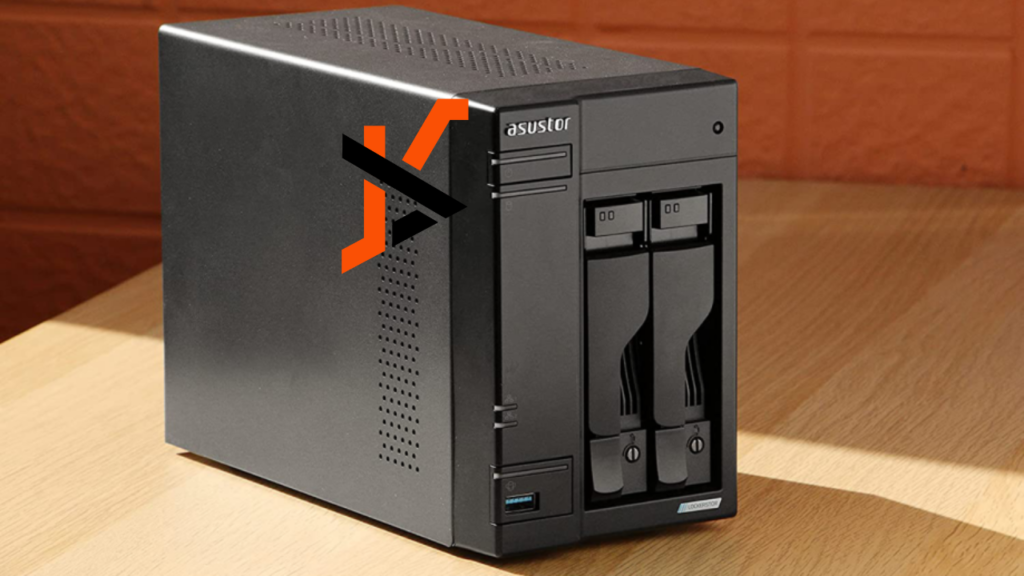In today’s data-driven world, having a reliable storage solution is essential for both personal and professional use. Network Attached Storage (NAS) systems have become increasingly popular due to their ability to provide centralized storage that can be accessed by multiple users and devices over a network. Among the various options available, 4-bay NAS systems stand out for their versatility and capacity. In this post, we’ll explore the benefits of choosing a 4 bay NAS.
Advantages of a 4-Bay NAS
Increased Storage Capacity
One of the primary advantages of a 4 bay NAS is its increased storage capacity. Compared to 2-bay models, which can quickly fill up, a 4-bay system allows for greater total storage space. With four drive bays, users can install multiple hard drives or SSDs, accommodating larger data needs without the immediate worry of running out of space. This is particularly beneficial for those who store large media files, such as videos and high-resolution images.
Flexibility in RAID Configurations
Another significant benefit of a 4-bay NAS is the flexibility it offers in terms of RAID configurations. Users can implement various RAID setups, including RAID 0, 1, 5, and 6, depending on their needs for performance and redundancy. For example:
- RAID 0 maximizes storage capacity by striping data across all drives but offers no redundancy.
- RAID 1 mirrors data between two drives, providing redundancy but halving usable capacity.
- RAID 5 requires at least three drives and offers a balance of performance and redundancy by using parity data.
- RAID 6 extends this concept further by allowing for two drive failures.
This flexibility enables users to tailor their NAS setup to meet specific performance requirements while ensuring data protection.
Scalability
A key feature of a 4 bay NAS is its scalability. Users can start with fewer drives and expand their storage as their needs grow. This future-proofing aspect is particularly appealing for those who anticipate increased data requirements over time. Instead of replacing an entire system when more storage is needed, users can simply add additional drives to their existing setup.
Cost-Effectiveness
Price per Terabyte
When considering storage solutions, cost is always a factor. A 4-bay NAS can lead to lower costs per terabyte when fully populated with drives compared to smaller models. This makes it an economical choice for users who need substantial storage without incurring exorbitant costs.
Long-Term Investment
While the initial investment in a 4-bay NAS may be higher than that of smaller systems, the long-term benefits often justify this cost. The ability to expand storage easily and implement various RAID configurations means that users are less likely to face unexpected expenses related to data loss or the need for frequent upgrades.
Use Cases for a 4-Bay NAS
Home Media Server
A 4-bay NAS is an excellent choice for home media enthusiasts looking to create an efficient media server. It can store movies, music, photos, and other media files that can be streamed throughout the home. With sufficient storage capacity and support for various media applications, families can enjoy seamless access to their favorite content on multiple devices.
Data Backup Solution
In an era where data security is paramount, having a reliable backup solution is essential. A 4-bay NAS serves as an effective tool for backing up important files from multiple devices—computers, smartphones, tablets—ensuring that critical data is protected against loss or corruption. With RAID configurations providing redundancy, users can rest easy knowing their information is secure.
Small Business Applications
For small businesses, a 4-bay NAS offers centralized data storage that facilitates collaboration among team members. Employees can easily access shared files and resources without relying on external cloud services. Additionally, the ability to set up user permissions enhances security by controlling access to sensitive information.
Virtualization and Containerization
The growing trend of virtualization in IT environments makes a 4-bay NAS an attractive option for running virtual machines or lightweight containers. These applications often require robust storage solutions capable of handling multiple simultaneous read/write operations—something that a well-configured 4-bay NAS can provide.
Choosing the Right 4-Bay NAS
When selecting a 4-bay NAS, consider models that best fit your needs. UGreen offers compelling options that cater to various user requirements:
- UGreen DXP4800: This model features an Intel N100 quad-core processor with 8GB DDR5 RAM, expandable up to 16GB. It supports four SATA drive bays and allows for maximum storage capacity of 112TB when fully populated with high-capacity drives. The DXP4800 is ideal for home users seeking reliable performance at an affordable price point.
- UGreen DXP4800 Plus: For those who need more power and advanced capabilities, the DXP4800 Plus is an excellent choice. Equipped with a 12th Gen Intel Pentium Gold processor, this model also features 8GB DDR5 RAM (expandable to 64GB) and supports four SATA bays along with two M.2 NVMe slots for additional speed and flexibility in storage options.
Both models come with various RAID configurations (JBOD, RAID 0, 1, 5, 6, and 10), giving users flexibility in how they manage their data while ensuring robust security features and user-friendly software.
Conclusion
Choosing a 4-bay NAS system provides numerous benefits ranging from increased storage capacity and flexibility in RAID configurations to scalability and cost-effectiveness. Whether you’re looking to create a home media server, implement a reliable backup solution, or support small business operations, investing in a UGreen 4-bay NAS like the DXP4800 or DXP4800 Plus can enhance your data management efficiency significantly.
As you consider your specific needs—be it for personal use or business applications—remember that opting for a well-equipped 4-bay NAS will not only meet your current requirements but also adapt seamlessly as your data needs grow in the future. Feel free to adjust any sections or add specific examples based on your personal experiences or insights!

